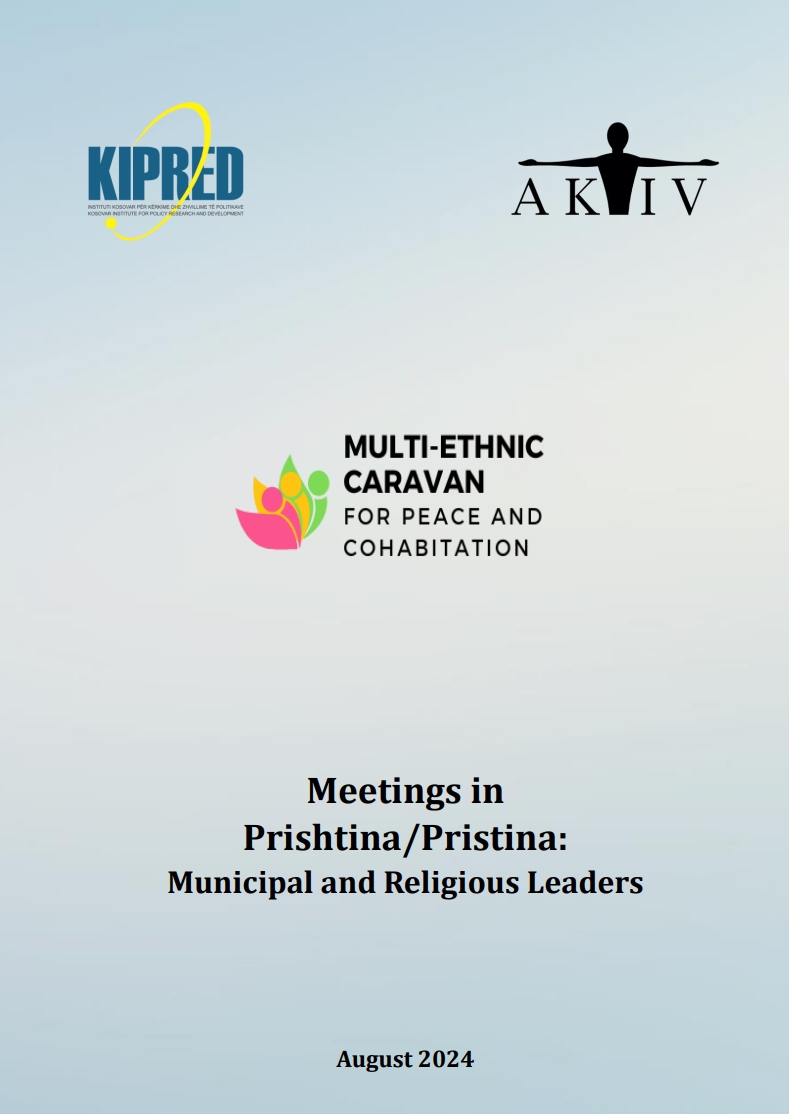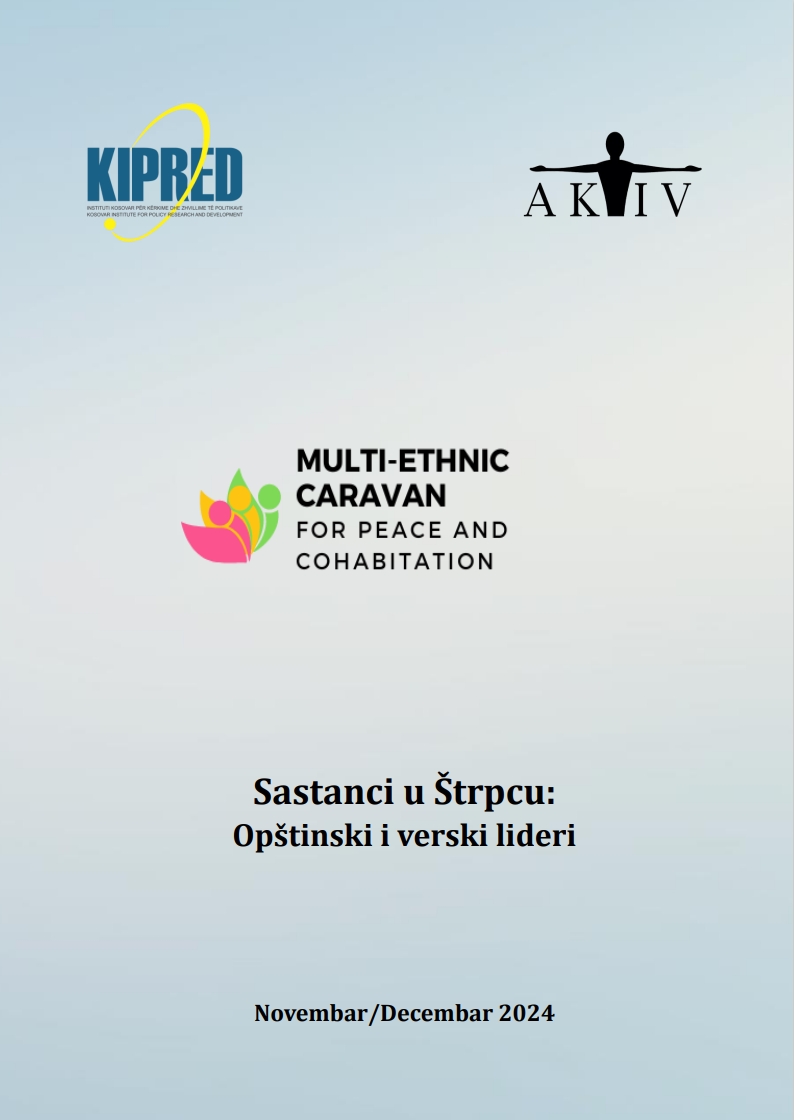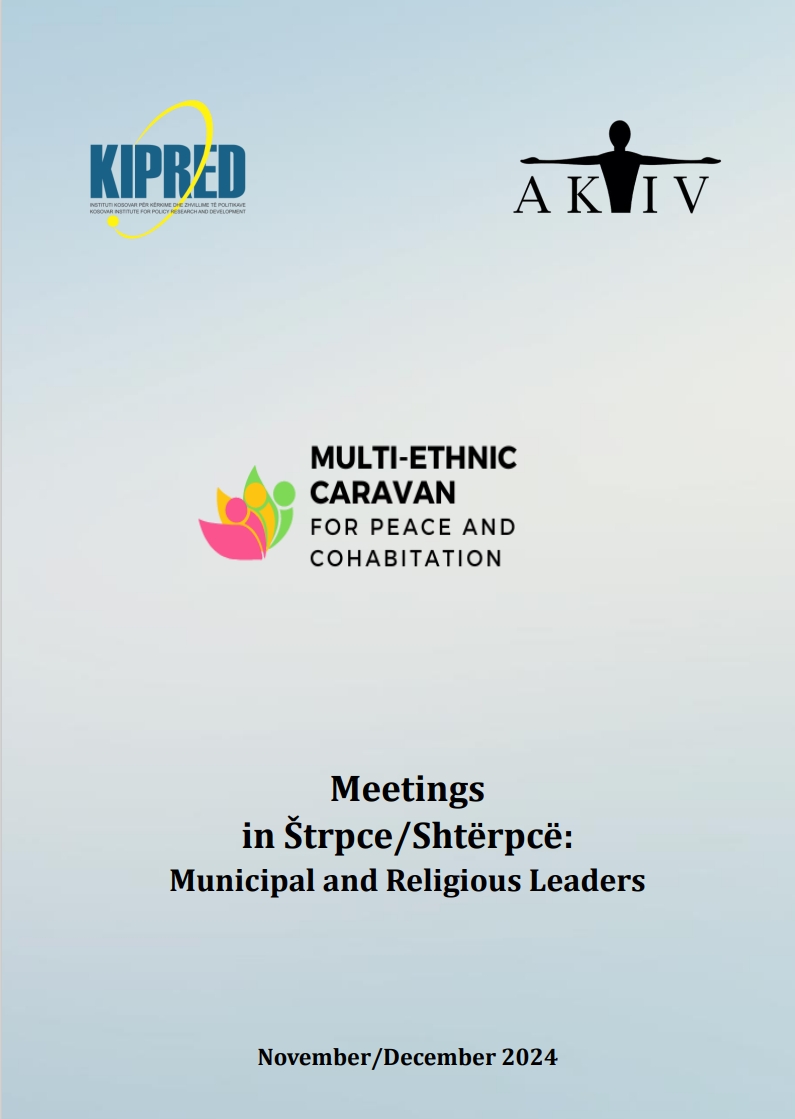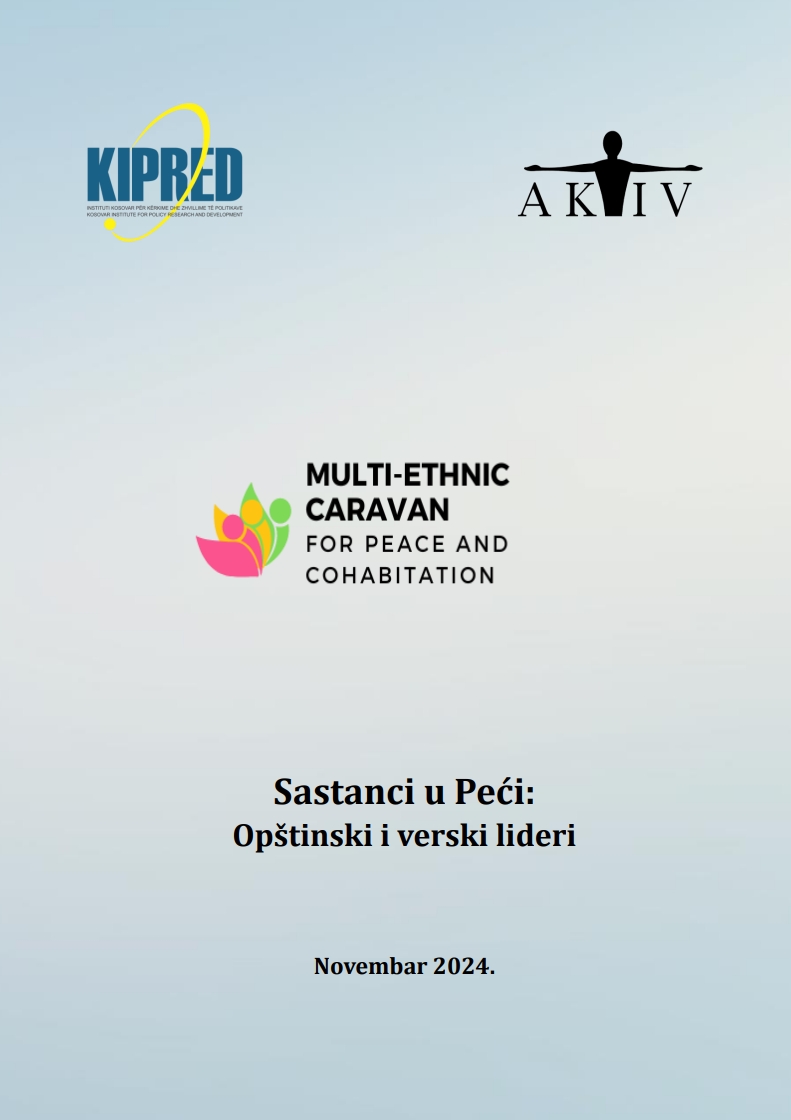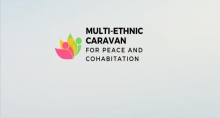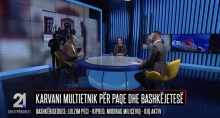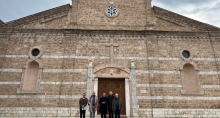12 November 2013
Documentary Future Voters of Kosovo
Click here to see the documentary "Future Voters of Kosovo"
The project was launched in 2008 with a grant from the Bureau of Democracy, Human Rights, and Labor of the U.S. Department of State, and implemented in a partnership between the Kosovar Institute for Policy Research and Development (KIPRED), Arizona State University Melikian Center, and Primary and Secondary schools in ten main municipalities of Kosovo. The five-year (2008 - 2013) pilot project aimed to advance democratization and build citizenship in Kosovo by engaging young people between the ages of 12 and 17 in reasoned debate and simulated voting for the candidates and platforms affecting the future of Kosovo.
Through interactive classroom lessons, students practice gathering information about candidates and discussing their opinions with family, friends, and peers. Teaching models that focus on students, such as role-playing or open discussion of ideas and opinions, that where prepared by civic educators in Arizona State University and by KIPRED, where approved by the Ministry of Education, Science and Technology (MEST). The experience culminates on Election Day, when students cast ballots in a simulated election. The student volunteers who run Future Voters voting centers learn about the free and fair election procedures through their roles as "election commissioners."
Future Voters of Kosovo not only taught students about democracy and democratic values in Kosovo, but through the training programs it also helped civics teachers to develop crucial skills in effective and interactive instructions in class.
Future Voters of Kosovo responds to several trends in Kosovo`s society that have demonstrated the need for a youth-focused democracy education project.
• Young Population - With 46% of its population under 19 years old, Kosovo is the youngest country in Europe
• Voter Education - necessary to maintain a low percentage of invalid ballots (3.9% in the 2010 parliamentary election)
• Voter Apathy and Dissatisfaction - Voter participation has decreased in each election since 2001, the first independent Kosovo election.
Future Voters of Kosovo in cooperation with primary and secondary school students, organized simulated elections in the Municipality of Prishtina and Gjilan during the Municipal Elections in 2009 and the Parliamentary Elections in 2010.
Sarting from January 2012 The Future Voters Project established functioning Municipal Youth Councils in seven municipalities - Prishtina, Gjilan, Peja, Mitrovica, Gjakova, Prizren, and Ferizaj. Delegates to the MYCs were elected from local school student councils. The seven MYCs had three meetings, culminating in the participation of MYC delegates in spring 2013 statewide Youth Council Assembly.
To prepare for the MYCs, all potential MYC delegates used the official "Future Voters Youth Council Training Document". This document guided the process from the initial student council elections of MYC delegates, through the informal campaigning for elective office in the MYC, to the conduct of the actual MYC group meetings and the identification of potential resolutions for debate and voting at the MYC meetings. The training manual clarifies in unmistakable language that the selection of delegates and the actions of the MYCs meetings in formal sessions are to be non-partisan, and independent of political party affiliation.
There have been three meetings of each MYC - thus, 21 meetings of MYCs in all. In anticipation of each meeting, the student delegates to the MYC were encouraged to campaign for elective office within the MYC, and were encouraged to work collaboratively on amendments to come before the MYC assembly meeting. The first MYC meeting was held in each municipality during May and June 2012, the second MYC meeting was held during October and November 2012 and the third MYC meeting was held during February and March 2013. Each of the seven Municipal Youth Councils were represented by the elected students to attend the statewide Kosovo Youth Council Assembly that was held in early April 2013.
Each MYC meeting involved a brief training period, followed by election of officers, and actions on at least two pieces of proposed resolutions placed before the MYC for debate and approval/rejection.


